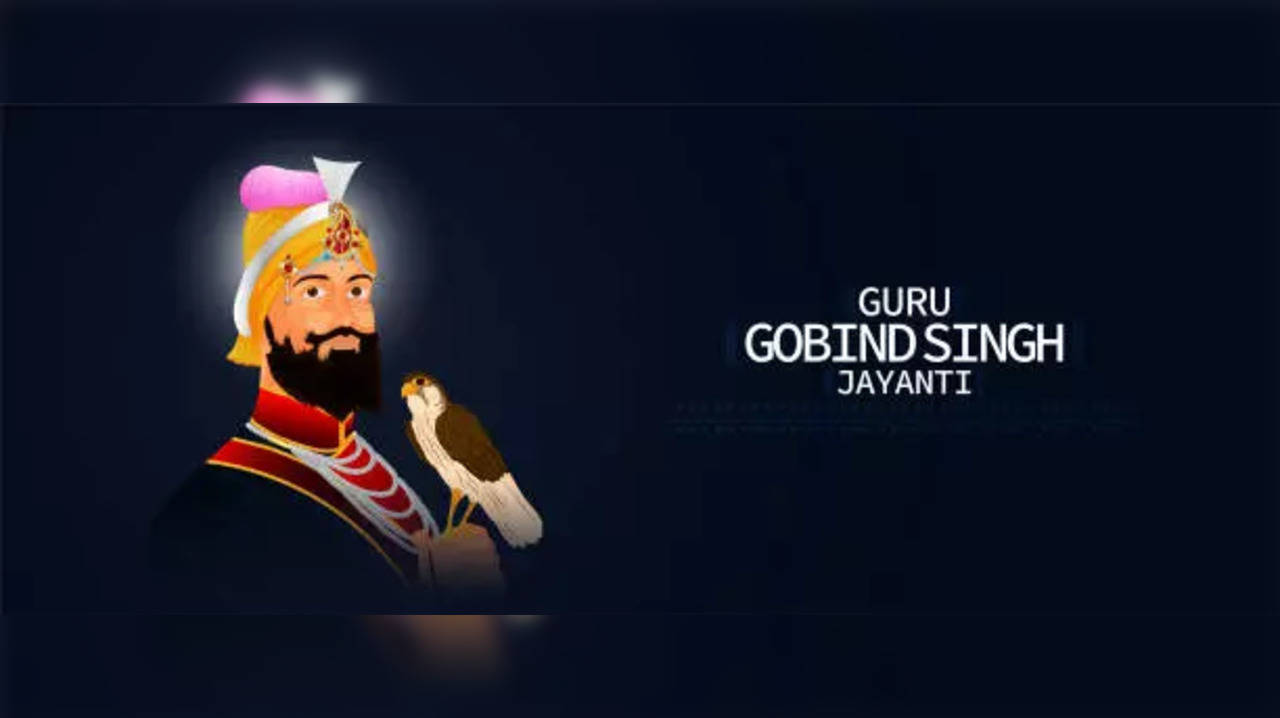PM pays homage to Sri Guru Gobind Singh Ji on his Parkash Utsav (The Hindu)

- 17 Jan 2024
Why is it in the News?
January 17 marks the 357th birth anniversary of Guru Gobind Singh, the revered Sikh leader born in Patna, Bihar.
About Guru Gobind Singh:
- Guru Gobind Singh, the 10th and the last Guru of the Sikhs, was born as Gobind Rai on December 22, 1666, in Patna, Bihar, to Guru Teg Bahadur, the ninth Guru of Sikhism.
- Following the martyrdom of his father by the Mughal emperor Aurangzeb in 1675, Guru Gobind Singh assumed leadership at the age of nine.
- Renowned as a warrior, poet, and prophet, Guru Gobind Singh is cherished by Sikhs for his defence of faith and advocacy for equality and justice.
- In 1699, Guru Gobind Singh formed the institution of the Khalsa and introduced the Five Ks — Kesh (uncut hair), Kangha (wooden comb), Kara (iron or steel bracelet), Kirpan (sword), and Kacchera (short breeches).
- He fought 14 wars against his oppressors and tyrants, but with ethical and moral principles, never taking captives, nor damaging places of worship; he was never the first to be the aggressor.
- The notable conflicts include the Battle of Bhangani, the Battle of Nadaun, the Battle of Anandpur, the Battle of Chamkaur, the Battle of Muktsar, and the Battle of Khidrana
- While continuing to lead with steely determination, Guru Gobind Singh faced with fortitude, the execution of his two sons, Zorawar Singh and Fateh Singh.
- The duo was bricked alive at Sirhind by the then-governor.
- He lost two more sons in the battle of Chamkaur Sahib, yet he stayed true to his goal.
- When the Mughal army, numbering over a lakh, marched against his troop of 40 soldiers, he marched on bravely, penning his famous hymn, mitr pyare nu haal muridan da kehna (Oh beloved friend of the Lord, see the plight of your disciples).
- Guru Gobind is credited with finalising the manuscript of Guru Granth Sahib, declaring it to be the ultimate Guru of the Sikhs.
- His metaphysical, sublime and exquisite poetry has been immortalised in his composition, Dasam Granth, reflected in Jaap Sahib, Chandi Di Vaar, Tav Prasad savaiye and Benti Chaupai, among others.
- He wrote in Punjabi, Arabic, Braj Bhasa, Sanskrit and Persian and remains a much-revered guru.
- He was assassinated in 1708, at the age of 41.
